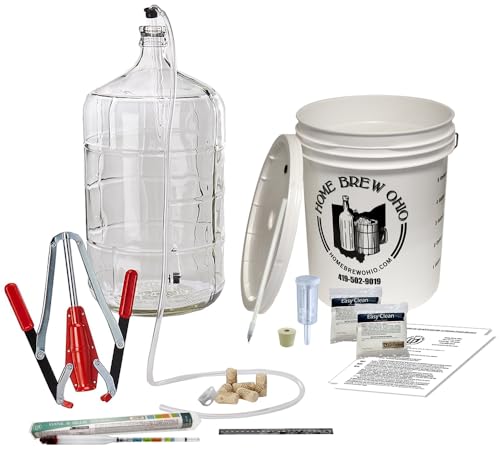Yesterday I found an old bottle of a cheap red blend dated 2015. I know that most commercial wines are designed to be drunk right after purchase, so I decided to open it and see if it was still any good. To my surprise, it was enjoyable. I stopped buying that brand because it wasn't very good, but this was better than I remembered it being. Today I am drinking some more from the bottle in the fridge, and it is even better. Not outstanding, but nice for a cheap wine.
So now I am rethinking aging of commercial reds. It seems to me that reds with a higher tannin level could benefit from 5-10 years of aging. The bottle I opened was stored upright under less than ideal conditions for 5 years, and then in my wine rack with better temperature control. So if I can store commercial reds properly, it seems to me that they might be much better after some aging. Apparently even cheap reds benefit from aging, if they have significant tannins. The SO2 level probably matters as well, and I have no way to know what that is.
What is your practice aging commercial reds? I usually avoid cabs because they have too much tannin for my taste, but now I am thinking that if I get a good deal, I could buy some and let them age for 5+ years.
So now I am rethinking aging of commercial reds. It seems to me that reds with a higher tannin level could benefit from 5-10 years of aging. The bottle I opened was stored upright under less than ideal conditions for 5 years, and then in my wine rack with better temperature control. So if I can store commercial reds properly, it seems to me that they might be much better after some aging. Apparently even cheap reds benefit from aging, if they have significant tannins. The SO2 level probably matters as well, and I have no way to know what that is.
What is your practice aging commercial reds? I usually avoid cabs because they have too much tannin for my taste, but now I am thinking that if I get a good deal, I could buy some and let them age for 5+ years.



















































